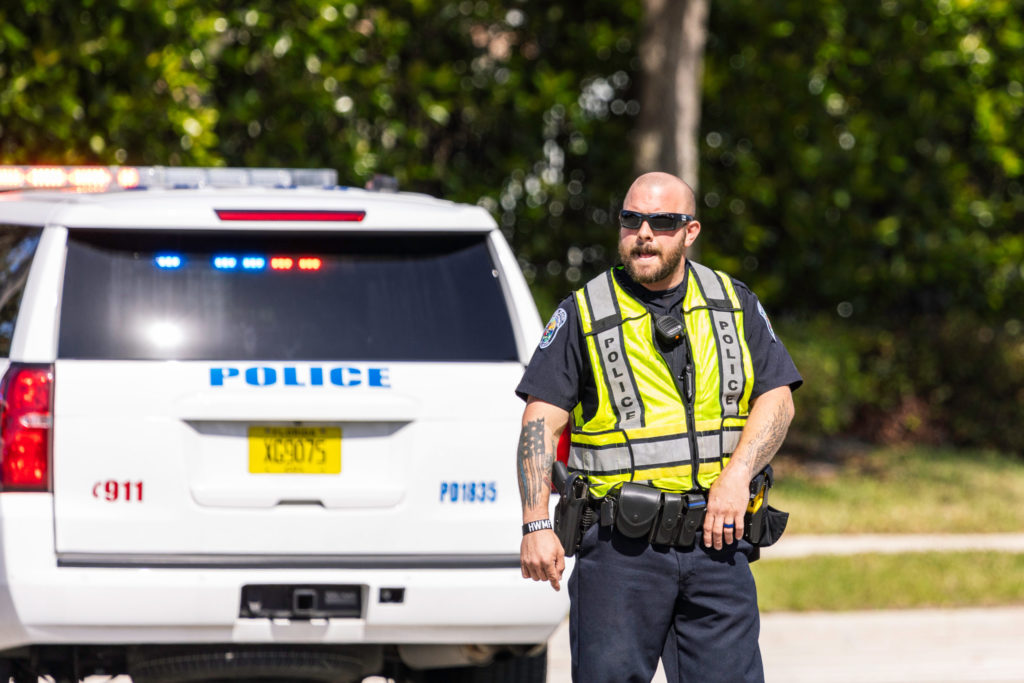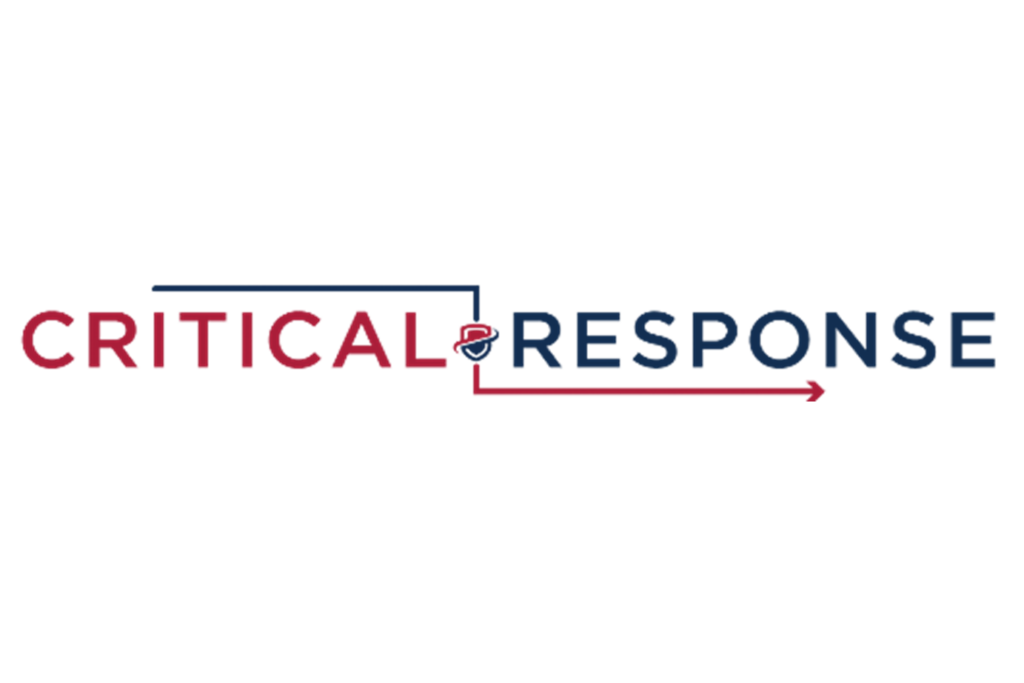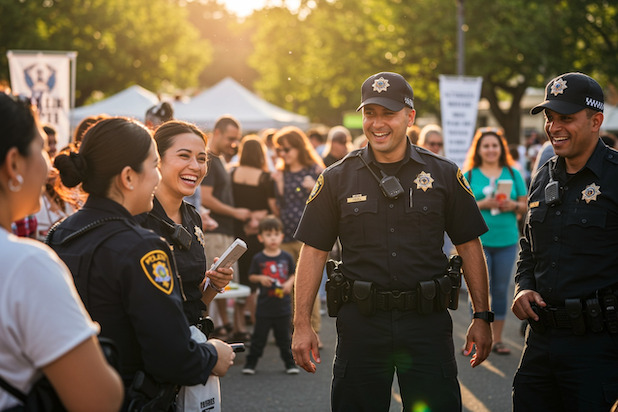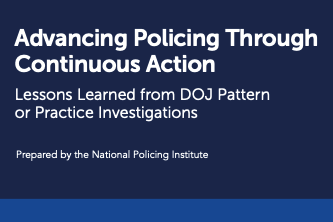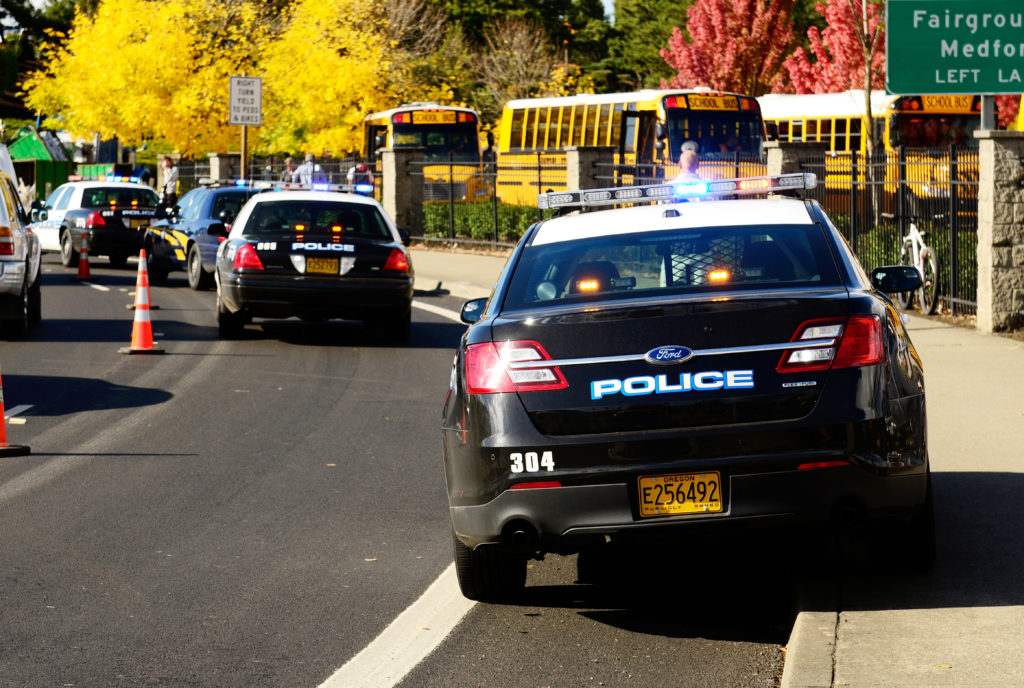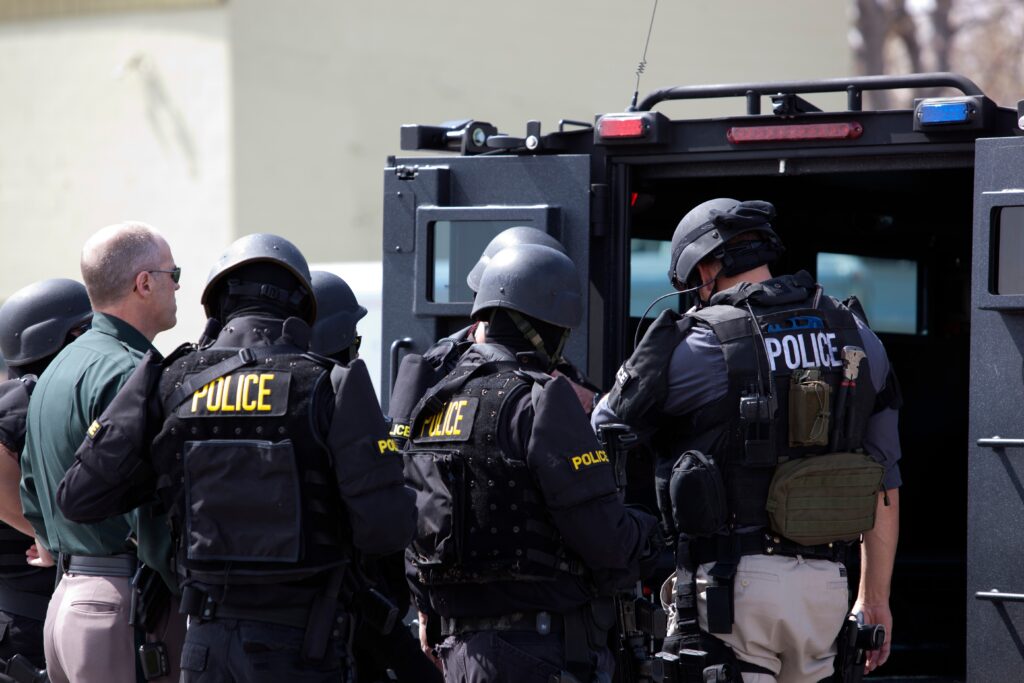National Law Enforcement Roadway Safety (NLERS) Program
According to data collected from the Officer Down Memorial Page, 773 law enforcement officers were killed from 2009-2023 in collisions and struck-by incidents on the nation’s roadways. Simply put, more can be done to protect law enforcement officers on the roadways. The National Law Enforcement Roadway Safety (NLERS) Program seeks to address this critical safety need by 1) training officers in tactics and behaviors that will improve their safety while operating on the roadways and 2) guiding agencies to implement policies, procedures, training, and equipment that can reduce officer-involved collisions and struck-by incidents.
NLERS provides a suite of no-cost, evidence-based training courses for executives, patrol officers, and trainers. These courses educate participants about the risk factors for officer-involved collisions and struck-by incidents and identify a variety of interventions and technological innovations that can reduce the likelihood of their occurrence. Additionally, the NLERS provides customized technical assistance (TA) to help agencies make positive safety improvements. This assistance can include review and development of agency policies on roadway operations, review and assessment of an agency’s roadway safety training, assisting with the implementation of best practices, and/or providing research support to analyze an agency’s crash or injury data.
NLERS is sponsored by the U.S. Department of Justice, Bureau of Justice Assistance, and managed by the National Policing Institute, in partnership with the Institute for Intergovernmental Research.
Crisis Intervention and Effective De-escalation: Building a National Model for Police Standards and Training
Law enforcement officers serve as the first responders for most 911 calls, including crisis situations that may be related to behavioral health conditions and disabilities. However, law enforcement officers often lack comprehensive training and guidance on managing these calls safely and effectively. With the support of the Bureau of Justice Assistance (BJA), the National Policing Institute (NPI), in partnership with the Police Executive Research Forum (PERF), will develop national standards for de-escalation training and policies and a national model curriculum that enhances law enforcement response to crises. This collaboration aims to support the safety and effectiveness of police interactions with individuals experiencing crisis by implementing evidence-informed best practices in use of force, de-escalation, and crisis response policies and training. Over 36 months, NPI and PERF will:
- Develop national standards to guide the certification of de-escalation training programs: Informed by research, best practices, and perspectives from policing, behavioral health, and disability practitioners, this guidance will support the Department of Justice in its review and certification of police de-escalation training curricula.
- Create and pilot an evidence-informed de-escalation training curriculum for police officers: NPI and PERF will develop a national model for de-escalation training based on two well-established training programs–the BJA’s Crisis Response and Intervention Training (CRIT) and PERF’s Integrating Communications, Assessment, and Tactics (ICAT) training; NPI and PERF will also pilot the model training in three law enforcement agencies. Complementary tools, including a Train-the-Trainer and an Implementation Toolkit, will be developed and provided to support agencies in delivering the training.
- Provide technical assistance: A cadre of diverse subject matter experts will be available to review police de-escalation policies, procedures, and training and provide recommendations to align with national standards.
Rural Violent Crime Reduction Initiative
Violent crime is on the rise in many jurisdictions, including rural communities. Rural law enforcement agencies are left to tackle these issues, often with a decreasing tax base, personnel shortages, expansive geographic territory, and lack of access to medical treatment that can make violent crimes more fatal than in urban settings. Many rural law enforcement agencies lack the number of sworn personnel needed to adequately cover their jurisdiction. This project is designed to support the development and implementation of problem-solving strategies that specifically address violent crime occurring in rural and affecting rural populations.
The Rural Violent Crime Reduction Initiative (RVCRI) is an effort, funded by the Bureau of Justice Assistance (BJA), to aid rural law enforcement agencies with improving investigations, implementing violent crime reduction strategies, and enhancing collaboration between local stakeholders. This will be achieved through the provision of training; deployment of technology; improvement of communication and collaboration between stakeholders; and expansion of community-based crime prevention programs and partnerships with victim services providers.

